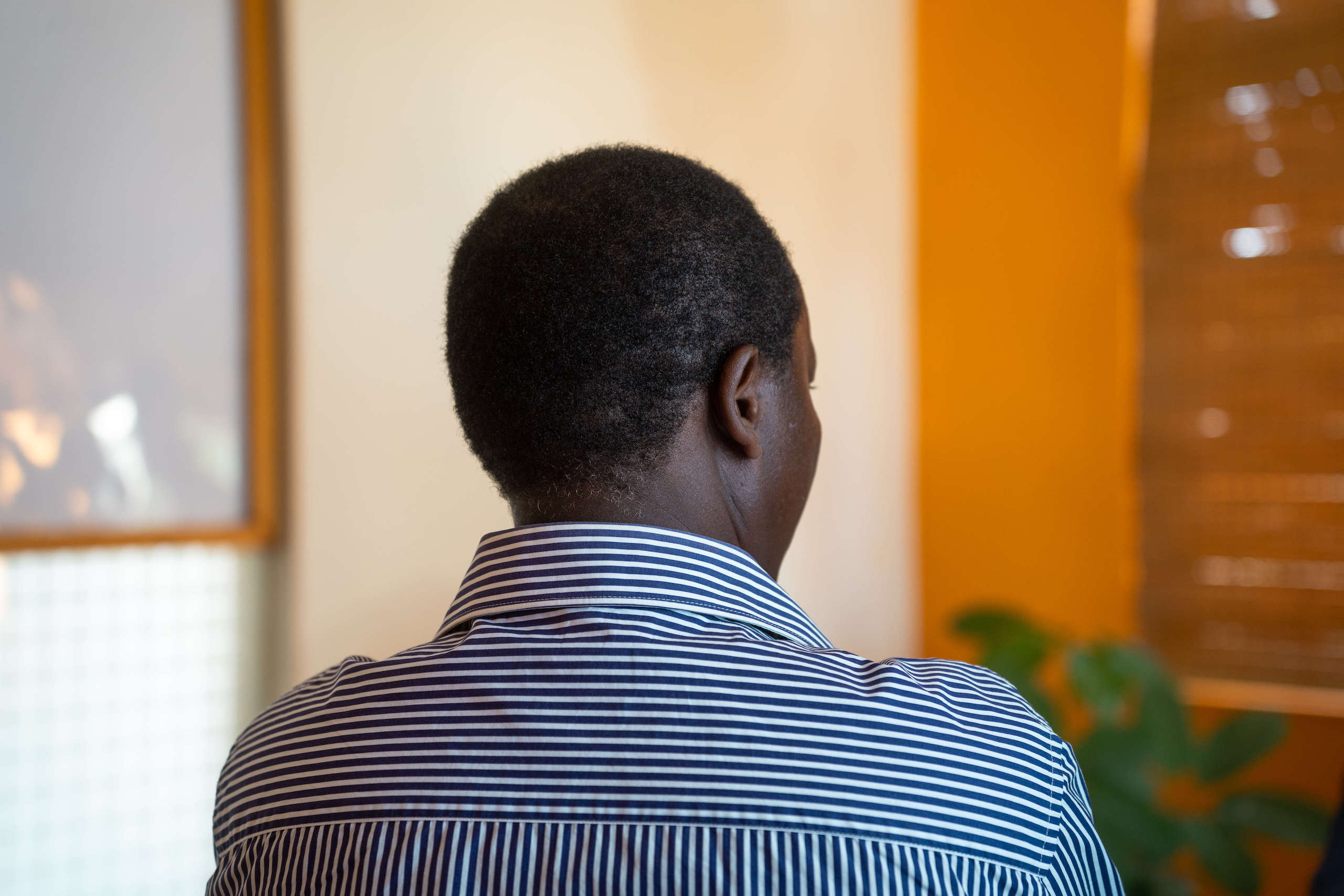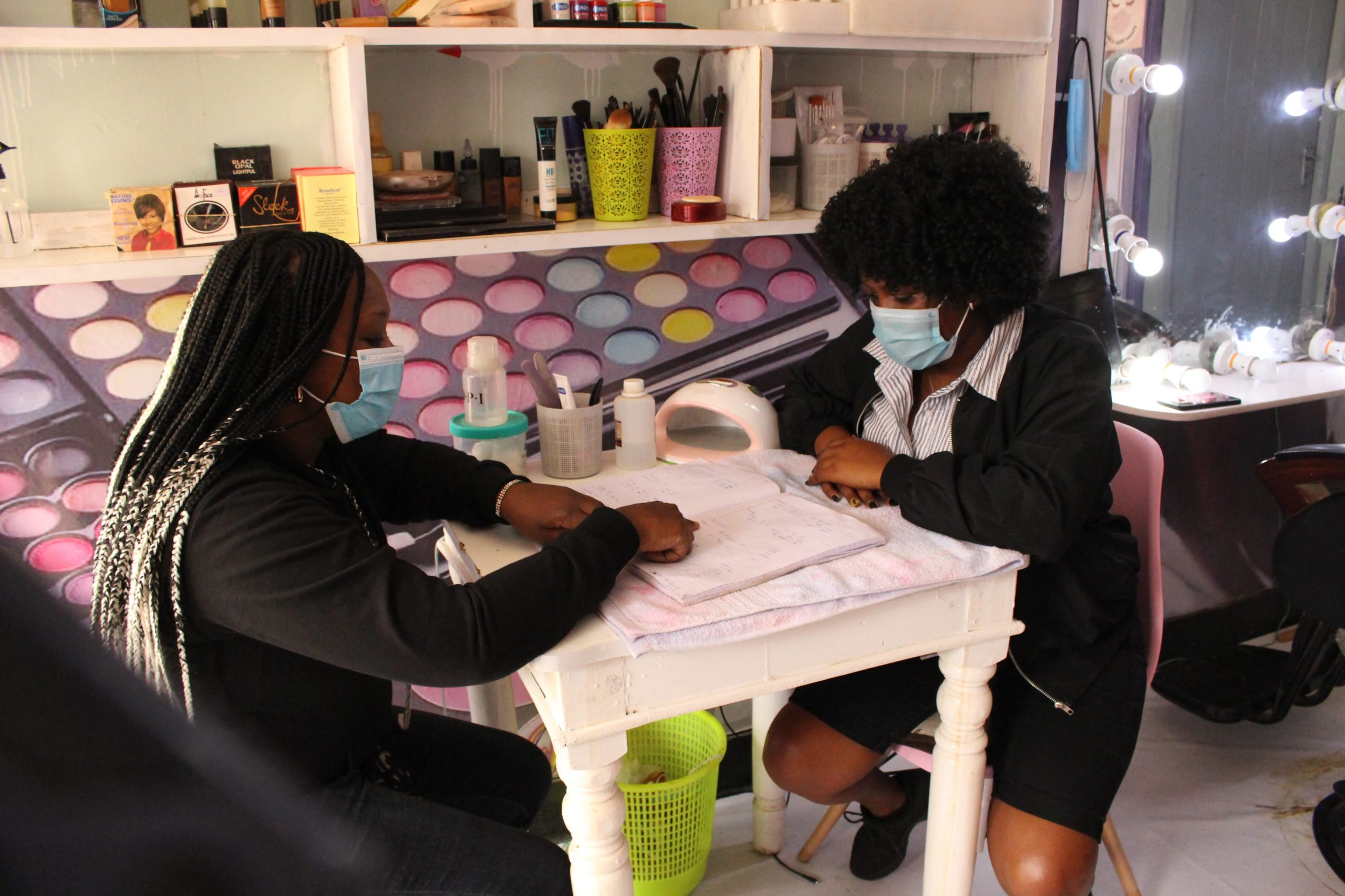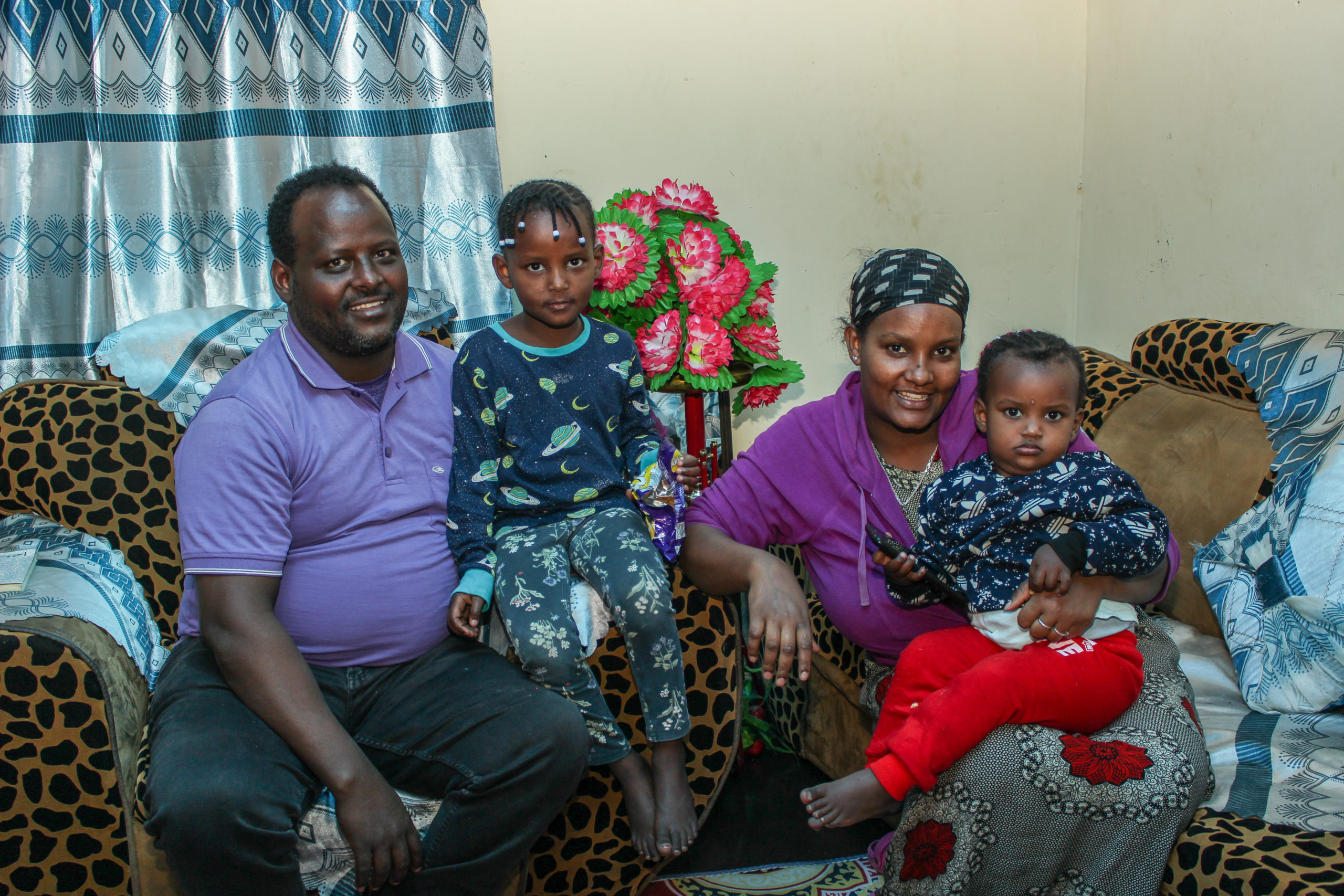
As counselors at RefugePoint, we see clients who suffer from a wide range of issues, from mild mental health challenges to severe mental illness. Many clients with mental health challenges express signs of distress in their lives. While most clients are able to recover from these challenges, some find it more difficult to bounce back and may experience worsening symptoms.
Mental health challenges often significantly impact our clients’ lives. They can impair their ability to work, relate to family and friends, and take care of themselves and their families. It’s not uncommon for trauma to be experienced pre-flight, during flight, and/or while adjusting to their host country. The most common symptoms our refugee clients experience are depression, anxiety, or trauma-related.
One way that clients often create personal meaning of what they are experiencing is through the use of cultural idioms of distress. As described by authors from Georgetown University, cultural idioms of distress are “ways of communicating emotional suffering that do not refer to specific disorders or symptoms, yet provides a way to talk about personal or social concerns. Frequently these manifest as physical symptoms (somatization),” (Cultural Concepts of Distress, BrightFutures.org).
These cultural idioms of distress take many forms. Some clients struggling with anxiety describe it as ‘feeling like their heart wants to burst out of their chest,’ struggling to breathe, or getting terrible chest pains. One of our female clients described her experience with anxious thoughts as, “when people [Kenyans] look at me, I keep wondering if they can see through me. I worry if they want me out of their country.”
Clients experiencing prolonged stress describe similar symptoms that range from physical to mental. We’ve heard reports of clients ‘feeling like their head is heavy’ and ‘feeling like their mind is not theirs.’ One client described her experience as, “I felt like my head was being kicked and tossed around like a ball.”
Another client whose husband is recovering from depression described it as ‘a very bad destination that she never understood before.’ She reported her husband’s condition as a loss of identity, lack of direction, and withdrawal from family and community. Many clients with depression describe it as a more intense version of stress.
The idioms can be debilitating, affecting all aspects of a person’s life. One of our clients explained his trauma-induced depression as, “a dark place of sadness with a lot of loneliness.” For him, depression felt like a place of self-doubt and self-blame about everything that has gone wrong in the past, and anything that may go wrong in the future.
Other clients have experienced depression as “too much thinking,” to the extent of feeling overrun by thoughts. Sometimes the feeling may be accompanied by loneliness with no one to share their challenges with, or feelings of regret about refugee life, accompanied by self-blame.
Many of the ways that clients experience mental health challenges do not fit neatly into mental health definitions as laid out in diagnostic manuals used by mental health professionals. Rather than trying to classify our clients’ experiences within these narrow categories, it’s important to listen to their unique narratives and the meaning they draw from them.
As RefugePoint employs a Mental Health and Psychosocial Support lens throughout our work, we must consider how both our clients and our staff experience mental health challenges. All of our counselors are trained to identify Cultural Idioms of Distress, which is essential to properly provide the support our clients need.

As counselors at RefugePoint, we see clients who suffer from a wide range of issues, from mild mental health challenges to severe mental illness. Many clients with mental health challenges express signs of distress in their lives. While most clients are able to recover from these challenges, some find it more difficult to bounce back and may experience worsening symptoms.
Mental health challenges often significantly impact our clients’ lives. They can impair their ability to work, relate to family and friends, and take care of themselves and their families. It’s not uncommon for trauma to be experienced pre-flight, during flight, and/or while adjusting to their host country. The most common symptoms our refugee clients experience are depression, anxiety, or trauma-related.
One way that clients often create personal meaning of what they are experiencing is through the use of cultural idioms of distress. As described by authors from Georgetown University, cultural idioms of distress are “ways of communicating emotional suffering that do not refer to specific disorders or symptoms, yet provides a way to talk about personal or social concerns. Frequently these manifest as physical symptoms (somatization),” (Cultural Concepts of Distress, BrightFutures.org).
These cultural idioms of distress take many forms. Some clients struggling with anxiety describe it as ‘feeling like their heart wants to burst out of their chest,’ struggling to breathe, or getting terrible chest pains. One of our female clients described her experience with anxious thoughts as, “when people [Kenyans] look at me, I keep wondering if they can see through me. I worry if they want me out of their country.”
Clients experiencing prolonged stress describe similar symptoms that range from physical to mental. We’ve heard reports of clients ‘feeling like their head is heavy’ and ‘feeling like their mind is not theirs.’ One client described her experience as, “I felt like my head was being kicked and tossed around like a ball.”
Another client whose husband is recovering from depression described it as ‘a very bad destination that she never understood before.’ She reported her husband’s condition as a loss of identity, lack of direction, and withdrawal from family and community. Many clients with depression describe it as a more intense version of stress.
The idioms can be debilitating, affecting all aspects of a person’s life. One of our clients explained his trauma-induced depression as, “a dark place of sadness with a lot of loneliness.” For him, depression felt like a place of self-doubt and self-blame about everything that has gone wrong in the past, and anything that may go wrong in the future.
Other clients have experienced depression as “too much thinking,” to the extent of feeling overrun by thoughts. Sometimes the feeling may be accompanied by loneliness with no one to share their challenges with, or feelings of regret about refugee life, accompanied by self-blame.
Many of the ways that clients experience mental health challenges do not fit neatly into mental health definitions as laid out in diagnostic manuals used by mental health professionals. Rather than trying to classify our clients’ experiences within these narrow categories, it’s important to listen to their unique narratives and the meaning they draw from them.
As RefugePoint employs a Mental Health and Psychosocial Support lens throughout our work, we must consider how both our clients and our staff experience mental health challenges. All of our counselors are trained to identify Cultural Idioms of Distress, which is essential to properly provide the support our clients need.











